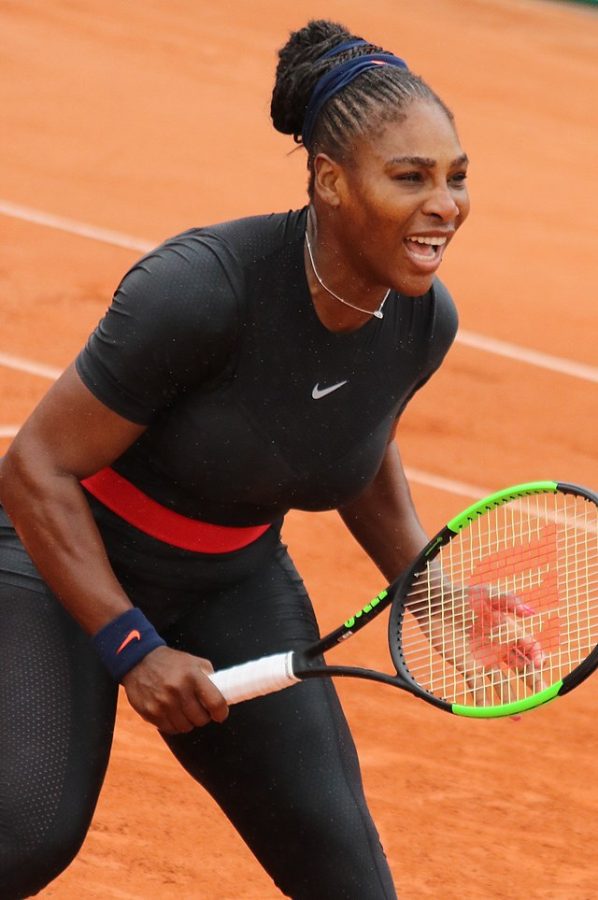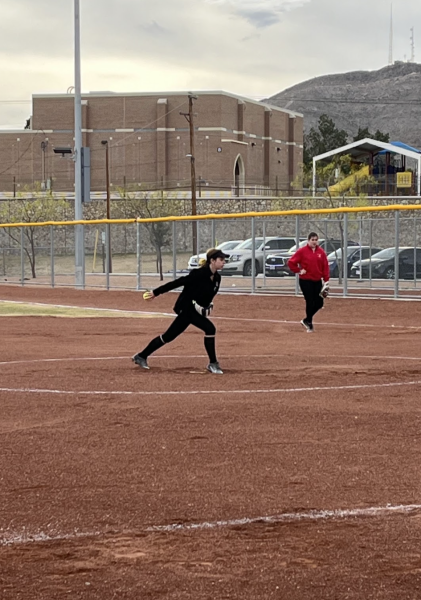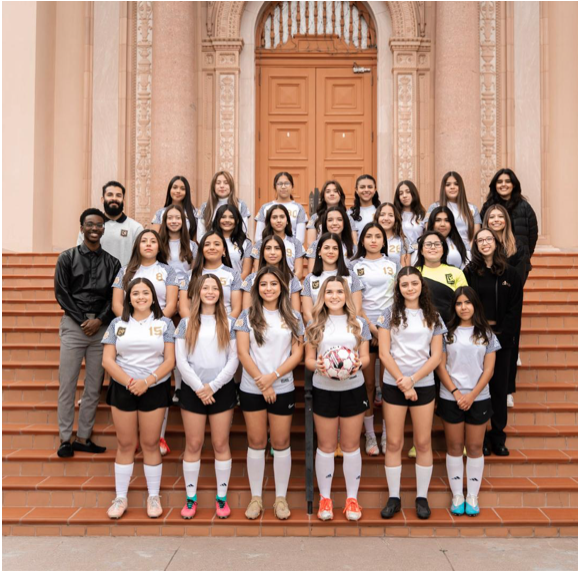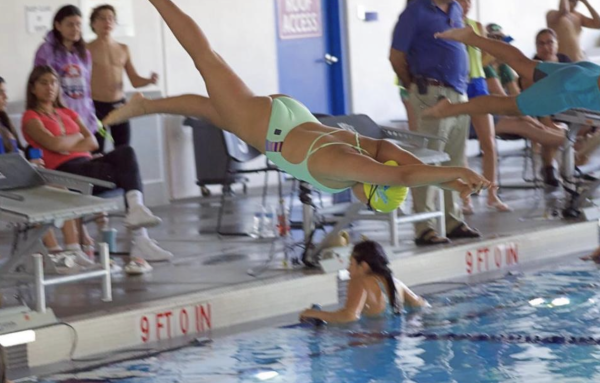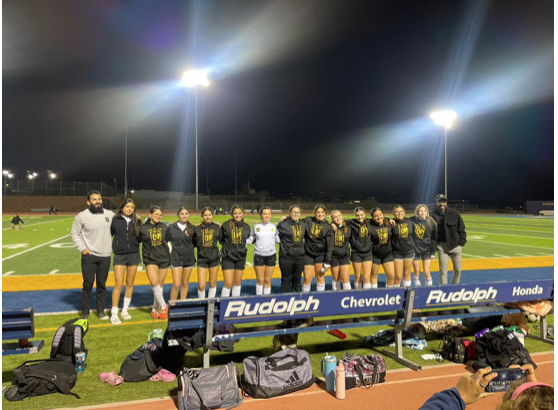Serena Williams’ US Open penalties spark debate over sexism in sports
Photo courtesy of Wikimedia Commons
November 15, 2018
Serena Williams is a mother, professional tennis player, and civil rights activist.
She along with other female athletes often speak out against police brutality, gender inequality, and racial discrimination.
She has openly talked about the different treatment between men and women in sports, “If you’re a female you should be able to do half of what a guy can do.”
During her game against Naomi Osaka at the US Open, Williams was given three penalties for allegedly cheating for receiving signals from her coach and being verbally abusive for calling Carlos Ramos, the umpire, a thief after he took a point from her after she slammed her racket to the ground.
Breaking the code violations cost Williams $17,000.
Williams defends herself and states that she has seen male players react the same way or worse and not be penalized.
During a news conference, Williams said, “But I’ve seen other men call other umpires several things.
I’m here fighting for women’s rights and for women’s equality and for all kinds of stuff.
For me to say ‘thief’ and for him to take a game, it made me feel like it was a sexist remark.
He’s never taken a game from a man because they said ‘thief’.”
She felt that she had been discriminated against for being a woman.
During the same conference she defended Alize Cornet who was fined for changing her shirt on the court, which is something that men often do during games.
Another high-ranking professional tennis player that also speaks out against sexism in sports is Billie Jean King.
Known for being the victor of the famous 1973 ‘Battle of the Sexes’ against Bobby Riggs, King has been an advocate for gender equality for female athletes and even supported Serena Williams during the US Open scandal.
Sexism is a major fight for women in many areas of sport, including basketball.
Candace Parker, who plays for the Los Angeles Sparks, has been the victim of sexist comments said “a high school boy’s team could beat a WNBA team.”
Female players also often receive tweets regarding their sexuality because they play basketball.
During an interview with The Undefeated, Imani McGee Stafford, who plays for the Atlanta Dream, said “I think one of the things that rubs people about the WNBA so much is the fact that we are predominantly women of color.”
Female basketball players feel that they face more discrimination for not only being a woman but also, being of color.
These amazing women set examples for all girls that play sports that are trying to eliminate the common misconception that women cannot play sports.
They are breaking stereotypes that only men can succeed in competitive sports of any kind.



